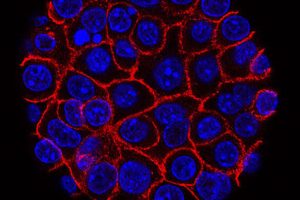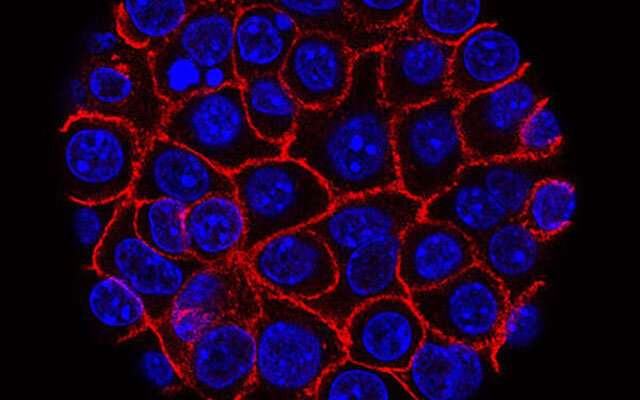New guidelines for pancreatic cancer screening


By the year 2030, pancreatic cancer is expected to become the second most common cause of cancer deaths for both men and women in the United States, according to recent reports. While considered uncommon, inherited gene mutations can increase a person’s risk of developing pancreatic cancer. Early detection of cancer is key to a greater chance of survival, but it is difficult to catch pancreatic cancer early as people usually have no symptoms until the cancer has advanced and hard to treat.
A clinician-researcher from Beth Israel Deaconess Medical Center (BIDMC) contributed to new national guidelines published by the American Society for Gastrointestinal Endoscopy (ASGE), recommending annual pancreatic cancer screening for patients who are at increased risk because of genetic susceptibility. While earlier guidelines had restricted screening to only those individuals with BRCA 1/2 who had a family history of pancreatic cancer, the new guidelines expand indication for screening for all with the gene variations regardless of family history.
“Because less than 25 percent of patients with BRCA 1/2 who develop pancreatic cancer have family history of pancreatic cancer, most cancers will be missed if screening is restricted to those with a family history,” said first author of the guidelines Mandeep S. Sawhney, MD, MS, a gastroenterologist at BIDMC and associate professor of medicine at Harvard Medical School.
“Although screen-detected pancreatic cancers are more likely to be diagnosed at an earlier and more treatable stage, it is important to acknowledge the potential downsides of screening. These guidelines are the first to quantify harms from pancreatic cancer screening resulting from false-positive screening tests results and encourage care providers to carefully counsel their patients before enrolling in a screening program.”
Source: Read Full Article




